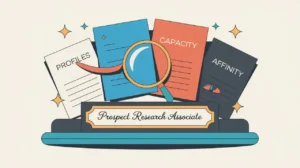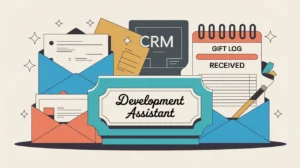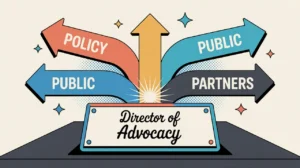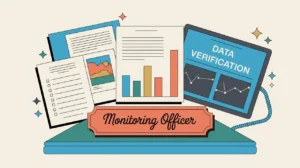What Does the Insights Officer Role Involve?
An insights officer is responsible for collecting, analyzing, and translating data and evidence into actionable insights that inform strategy, program design, and decision making. This includes managing data collection processes, conducting qualitative and quantitative analysis, synthesizing findings, and communicating insights in clear and accessible ways. The role typically sits within research, monitoring and evaluation, data, or strategy functions. In nonprofits and social enterprises, insights officers help organizations better understand their context, assess performance, and adapt their approaches based on evidence.
At What Level does this Role Operate?
Mid Level: This role typically reports to a director of data and insights, research lead, or strategy manager. It involves hands-on analytical work combined with advisory responsibilities to program teams and leadership.
Relative Employability: Insights officer roles are increasingly sought after as organizations place greater emphasis on evidence-based decision making. Nonprofits and social enterprises need skilled professionals who can interpret complex data and translate it into practical recommendations.
Relative Pay Scale: Insights officer roles sit within mid-level pay bands, reflecting their analytical expertise and their role in influencing strategic and operational decisions.
What are the Key Responsibilities and Activities?
- Design and manage data collection and analysis processes for programs, research, or strategic initiatives
- Conduct qualitative and quantitative analyses to generate insights on performance, impact, or external trends
- Synthesize findings from multiple sources into clear and actionable recommendations
- Develop dashboards, reports, or presentations to communicate insights to internal and external stakeholders
- Work closely with program, strategy, and leadership teams to ensure insights inform planning and decision making
- Support learning and reflection processes across the organization by sharing evidence and facilitating discussions
- Ensure data quality, ethical standards, and appropriate use of information throughout the analysis process
- Monitor sector trends and emerging evidence to inform organizational strategy
What Core Competencies and Qualifications are Needed?
Required Qualifications and Experience
The following reflect common qualifications and experience expected for this role, while recognizing that pathways may vary by context, organization, and region.
- Academic background in statistics, economics, social sciences, data science, public policy, or related fields, or equivalent professional experience
- Several years of experience in data analysis, research, monitoring and evaluation, or strategic planning
- Strong analytical skills and proficiency in relevant software for data analysis and visualization
- Experience communicating complex findings clearly to non-technical audiences
- Strong understanding of data ethics, research standards, and evidence use in decision making
- Excellent written and verbal communication skills
Key Competencies
- Data collection design and management
- Quantitative and qualitative analysis
- Insight synthesis and storytelling
- Dashboard development and visualization
- Evidence-informed strategy and decision support
- Stakeholder communication and facilitation
- Data quality and ethics management
How are AI and Automation Shaping this Role?
An AI-native insights officer will look to AI and automation to expand analytical capacity, improve the speed of data processing, and deepen insight generation. They can use AI tools to clean and analyze large datasets, identify patterns or anomalies, and generate predictive models. AI can also assist with synthesizing qualitative data from interviews or reports. Automation can streamline data collection, dashboard updates, and reporting cycles. By integrating these tools, insights officers can focus more on interpretation, storytelling, and strategic application of evidence.
What Career Pathways and Transferable Skills are Associated with this Role?
Insights officer roles can lead to positions such as data lead, director of research and insights, strategy manager, or head of monitoring and evaluation. The skills developed in analysis, synthesis, evidence communication, and strategic advising are highly transferable across nonprofits, social enterprises, research organizations, and private sector analytics teams. This role provides a strong pathway toward leadership positions that shape evidence-based strategy and organizational learning.







